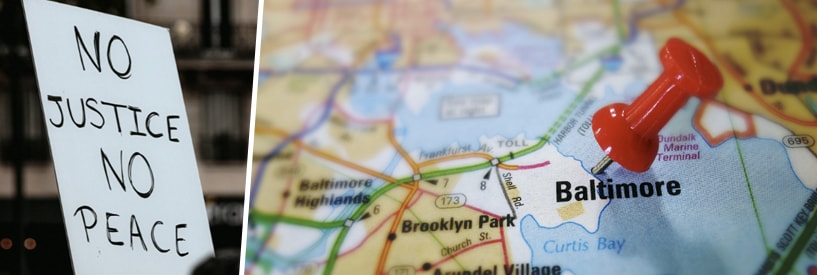Social Justice

The Counseling Center has a strong commitment to social justice by promoting a sense of community inspired by Loyola’s values for inclusivity. We live out our commitment in the following ways:
- Bias Reporting
- Campus Partnerships and Outreach
- Community Connections
- Identity Affirming Services
- Professional Development
- Secondary Trauma & Our Loyola Community
- Social Justice Committee
- Social Media
Additional resources:
- Managing stress related to political change
- How To Cope With Trauma In a Time of Civil Unrest
- Coping After Disaster
Loyola Counseling Center Land Acknowledgement
Loyola University Maryland’s campuses are located on ancestral grounds originally cared for and inhabited by Indigenous communities for thousands of years. The racist violence of settler colonialism past and present led to the traumatization and destruction of millions of Indigenous bodies, communities, cultures, and resources. We must acknowledge that we live on and benefit from this land that was taken by force. As a Jesuit, Catholic institution, we are called by our values to engage in active discernment about the role that our institution and the Catholic Church have played in the oppression, exclusion, and erasure of Indigenous nations. Loyola University Maryland commits to calling out continued systemic injustice, repairing institutional harms, and renewing our commitment to working in solidarity to heal this land.
Contact Us
Humanities, Room 150One flight up the turret entrance
Phone: 410-617-CARE (2273)
Call to schedule an appointment
Monday - Friday, 8:30 a.m. - 5 p.m.